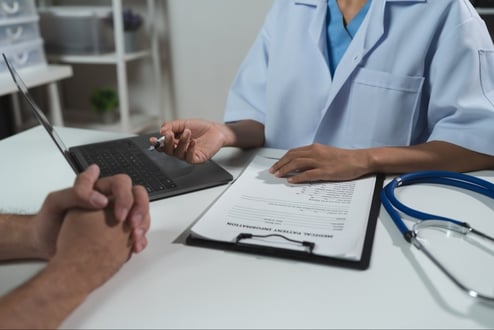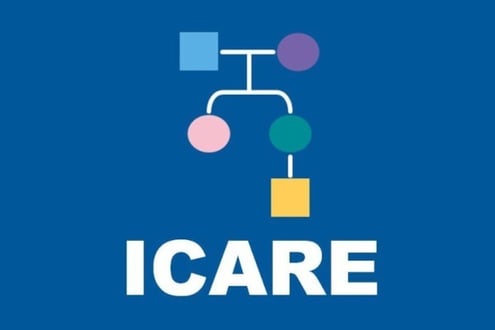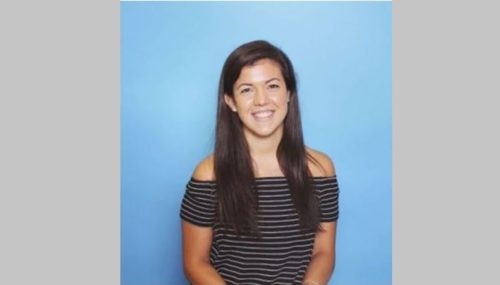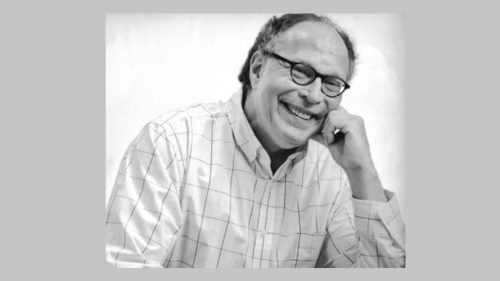CHEK2 Gene Mutations: Cancer Risk
Cancer Risks Associated with Inherited Mutations
Cancer risks may vary based on your specific mutation and family history. If you have tested positive for an inherited mutation, we recommend that you speak with a genetics expert who can look at your personal and family history of cancer and can help you choose the best plan for managing your cancer risk.
|
Cancer Type |
Lifetime Risk with a Mutation |
Lifetime Risk for General Population |
Notes |
|
23 - 27% |
12.5% |
Some mutations (for example a mutation known as IIe157Thr) may be associated with lower breast cancer risks than other mutations. |
|
|
Risk for 2nd breast cancer diagnosis in women who were previously diagnosed with breast cancer |
6-8% risk within 10 years of initial diagnosis |
More research is needed to confirm this risk. This applies to women who have not had mastectomy. An individual's risk will vary based on their age of diagnosis, family history and other factors. |
|
|
Male breast cancer |
May be increased |
0.1% |
More research is needed to confirm this risk. |
|
cancer |
May be increased |
12% |
More research is needed to confirm this risk. |
|
Source: NCCN Guidelines: Genetic/Familial High-Risk Assessment: Breast, Ovarian, Pancreatic, v. 2, 2026. |
|||
Other cancer risks for people with a mutation
In the past, the NCCN guidelines listed colorectal cancer as increased for people with a mutation. NCCN has updated their guidelines to indicate no increased risk for colorectal cancer with a mutation. Some research has linked mutations to other cancer risks, such as thyroid cancer. More research is needed to prove these links.
It is important to note that cancer risks are estimates over the course of a person's lifetime. Your lifetime risk and risk over the next five years will vary depending on:
- current age
- gender
- specific mutation
- personal and family health history
- diet, exercise, lifestyle and other factors
In the News
Guideline : Hereditary cancer gene guidelines expand
The National Comprehensive Cancer Network regularly updates guidelines for several types of hereditary cancer. These recommendations often change when new...



